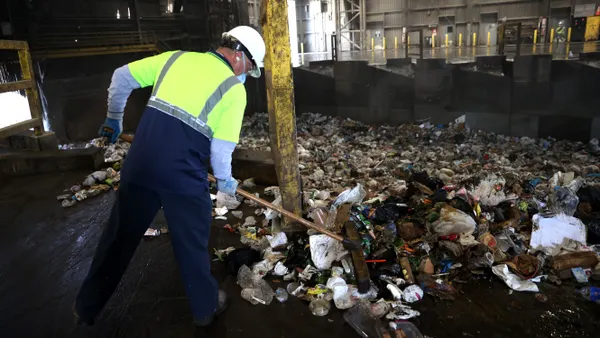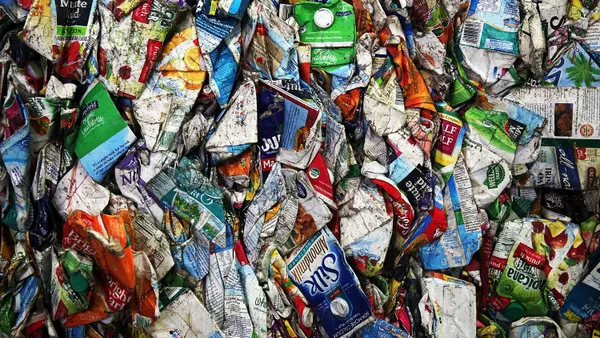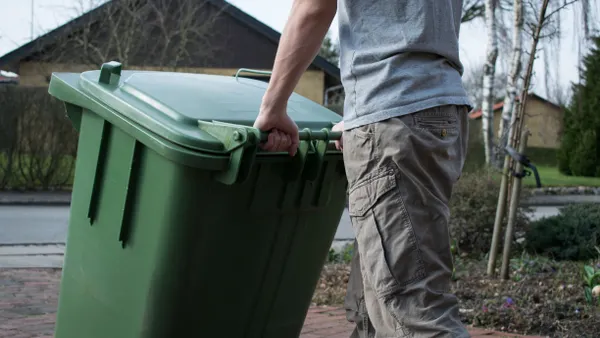Dive Brief:
- A new European Economic and Social Committee (EESC) study shows consumers are more likely to buy products that last longer if lifetime information is clearly displayed on the label with illustrations. For instance suitcases and printers labeled as long-lasting would see increased sales of 128 % and 70% respectively, and smartphone sales would jump by 41%. Importance of the product lifetime guarantee increases in relation to how much consumers will spend, according to Waste Management World.
- EESC also argued that manufacturers should be required to bear the recycling costs of products that last less than five years, creating incentive to manufacture more sustainable products.
- EESC recommended that the European Commission draft legislation on planned obsolescence, and that the industry develop voluntary certification programs.
Dive Insight:
Europeans have made it clear that they see limited value in products that quickly become obsolete, and they want to be informed of a product's longevity.
"What this first European study shows...is that the issue of planned obsolescence is not so much due to obsolescence being planned as it is due to consumers not having enough information about products’ lifespan," said Thierry Libaert of EESC, as reported in Waste Management World. "Putting consumers at the center of things by improving the information they have about the products they buy is important in terms of the economy, society and the environment, as well as being a key catalyst for restoring business confidence."
An average of 80% of consumers also want manufacturers to take responsibility for driving a trend away from obsolescence. The EESC took the concept of putting responsibility on the manufacturers further by stating they be responsible for recycling. Several states in the US, including Hawaii, have already taken steps to get manufacturers to recycle their short-lived products.
But the EESC believes it’s not just manufacturers who need to get involved.
"The time has come for interoperability between all industrial and digital stakeholders, enabling the relationship between producers, distributors, and consumers to be as beneficial as possible. An economic strategy based on knowledge, dialogue, and action will enable local and innovative jobs to be created in Europe," said Jean-Pierre Haber of EESC, as reported in Waste Management World.










